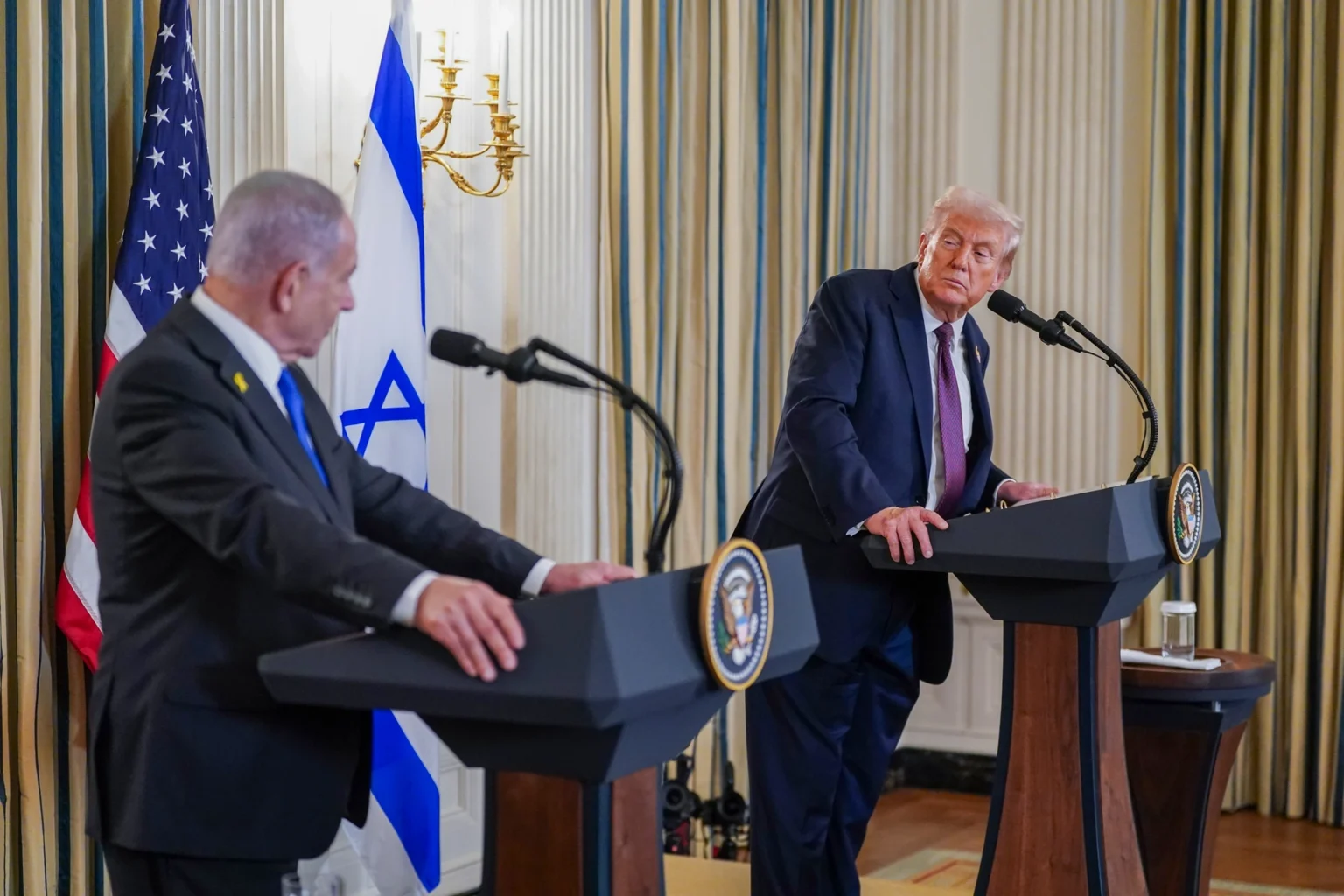U.S. President Donald Trump announced on Monday that Israeli Prime Minister Benjamin Netanyahu has agreed to a U.S.-backed 20-point peace proposal aimed at ending the Gaza war, although he warned that full implementation hinges on Hamas’s acceptance. At a joint White House press event, Trump said: “They are beyond very close to an agreement,” and called on Hamas to accept the plan or face escalation with Israel acting “with my full backing.”
Netanyahu stood beside Trump and affirmed his support, saying the plan “achieves our war aims” by promising to bring home all hostages, dismantle Hamas’s military capabilities, end its political rule in Gaza, and prevent future threats. He also stressed that while Israel supports the framework, some detail negotiations remain to be resolved.
The plan outlines a ceasefire, a phased Israeli withdrawal, an exchange of hostages for Palestinian prisoners, disarmament of Hamas, and transition to a governance structure unlinked from Hamas. If both Israel and Hamas accept it, the war would be declared over immediately.
Yet significant uncertainties remain. Hamas had not officially received the proposal at the time of the announcement, prompting doubts about its willingness to engage. Observers caution that past peace efforts have been derailed by Hamas’s non-participation or rejection, and that without its buy-in, the agreement may struggle to become operational.
In the interim, Trump warned that if Hamas rejects the plan, Israel would carry on with military options — a message implicitly backed by the U.S. commitment to stand behind Israel’s actions. The success or failure of the deal now hinges on whether Hamas accepts, and whether all parties adhere to the terms under the high scrutiny of regional and global attention.





